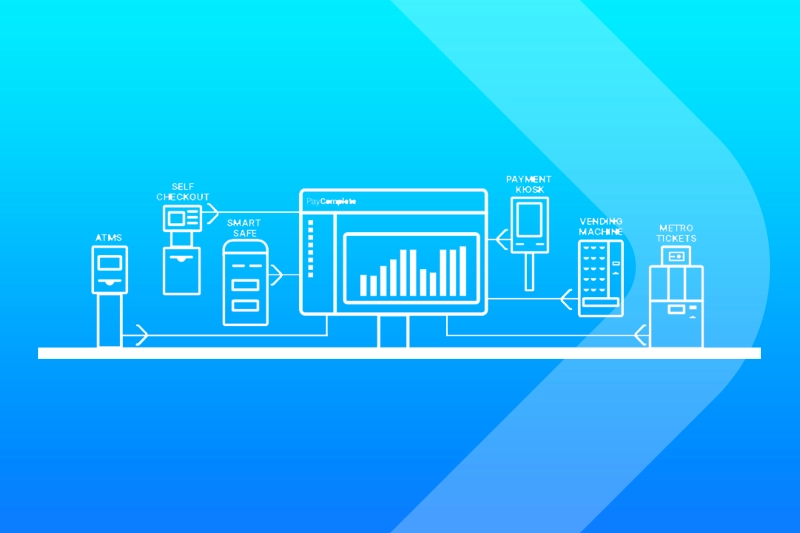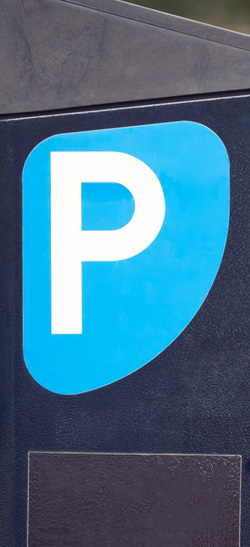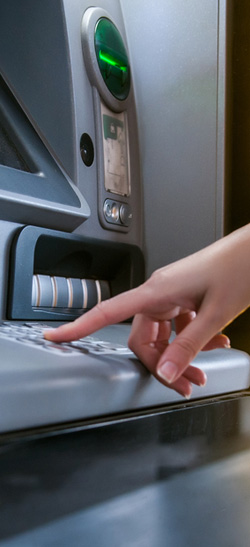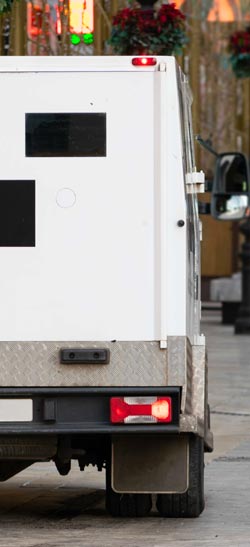Cash recycling machines and ATMs play vital roles in cash management, ensuring efficiency for businesses and accessibility for customers.
In this article, we examine the intricacies of cash recycling machines and ATMs, as well as their key differences.
What are Cash Recycling Machines?
Cash recycling machines are machines used to automate cash handling in financial institutions or businesses.
They recycle cash for future transactions. This means they take a cash deposit and re-dispense it. To do this, they also perform the following tasks with the deposited cash:
- Validating
- Counting
- Sorting
- Storing
Cash recycling minimises the need for cash replenishment, saving time and effort on cash in transit processes. It also reduces human error in counting, validating, and managing the cash deposited.
Cash recyclers typically come with advanced security features to safeguard against counterfeit notes.
What are ATMs?
An automated teller machine (ATM) (sometimes known as an automated cash machine) is a secure electronic machine that enables certain banking functions, including:
- Cash Withdrawals
- Account Inquiries
- Fund Transfers
- Cash Deposits
They are accessed with bank cards and PIN codes and are mostly used as a cash dispensers for currency notes of the home nation.
Cardholders do not usually need a bank account with a specific ATM provider to withdraw money from it. ATMs usually provide services for accounts across the banking industry.
They are often available to access 24/7. However, in some cases, they are located inside buildings, so are only available during set hours. They can be hard to find in rural areas.
As of 2024, there were over 46,000 ATMs in the UK, a 5% decrease from previous years.
What is a Cash Recycling ATM?
Cash recycling ATMs are a type of cash recycling machine equipped for dispensing cash. Like regular ATMs, this cash is accessed via a credit or debit card with a PIN.
However, if you want to deposit cash through a cash recycler machine, you must be a customer of the specific bank that operates that cash recycling machine.
Cash Recycling Machine vs ATM: The Differences
There are four key differences between a cash recycler and an ATM.
Purpose & Beneficiaries
A cash recycler works to streamline internal cash management processes for both businesses and financial institutions, i.e., bank employees or finance department employees.
ATMs, on the other hand, provide self-service banking options for bank account holders.
Functionality
Cash recyclers’ functions are all related to storing and recycling cash. They involve automating cash handling processes within a closed system.
ATMs offer a wider range of functionalities aimed at serving banking customers. These include cash withdrawals, balance inquiries and – in some cases – fund transfers and cash deposits.
User Interaction
Direct user interaction with a cash recycler is often limited to trained personnel within retail or financial organisations.
In contrast, customers interact with ATMs on a large scale, with UK adults making an average of 975 million ATM visits a year.
Location
A cash recycler is typically located in urban areas where businesses or institutions need to deposit cash.
This often means financial institutions, such as banks and building societies, but can also include anywhere where large amounts of cash are handled – such as retail stores, supermarkets, casinos, and hotels.
ATMs, on the other hand, typically provide convenient and secure access to essential banking services in public spaces. This includes bank branches, retail stores, petrol stations, airports, shopping centres, etc.
Similarities Between Cash Recycling Machines & ATMs
Despite their many differences, there are some notable similarities between the two types of machines.
Both are related to automated cash handling and processes, using automation for accepting deposits and dispensing money. Because of this, each requires users’ authentication and has secure cash storage and recording capabilities.
Additionally, both an ATM and cash recycler rely on advanced security features and real-time transaction recording to ensure accuracy and prevent fraud.
PayComplete’s Cash Recyclers
PayComplete’s recyclers optimise working capital by analysing historical transaction data to ensure the ideal mix of bills and coins, reducing cash management complexity and costs.
These machines provide businesses with greater control over their cash flow, minimising the need for manual cash handling and improving overall efficiency.
As part of our comprehensive cash management ecosystem, PayComplete offers a seamless integration of hardware, software, and services. Our cash recycler securely uses the same cassette technology found in ATMs, ensuring safe storage and efficient cash recycling.
With intelligent automation and real-time insights, PayComplete empowers businesses to streamline operations, enhance security, and reduce operational expenses.
Conclusion
While ATMs focus on customer transactions, cash recyclers optimise internal cash handling for institutions and retailers. Both rely on automation, security, and efficiency to streamline operations.
For businesses looking to enhance their cash management strategy, PayComplete offers industry-leading cash recyclers that integrate seamlessly with existing systems.
By automating cash handling, reducing costs, and improving security, our solutions help businesses operate their physical cash estate more efficiently. Learn how our technology can revolutionise your cash operations.
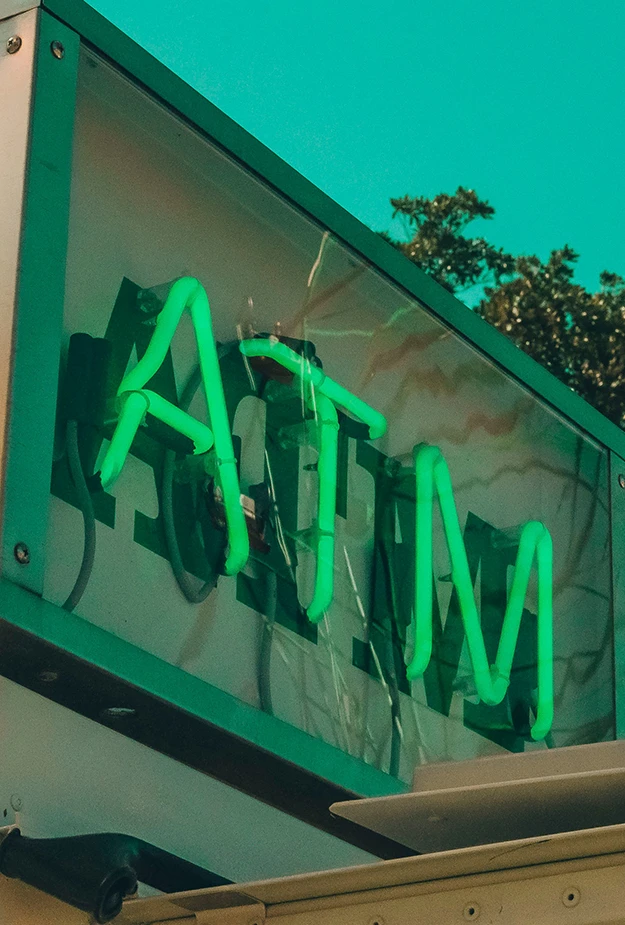
Related Posts


